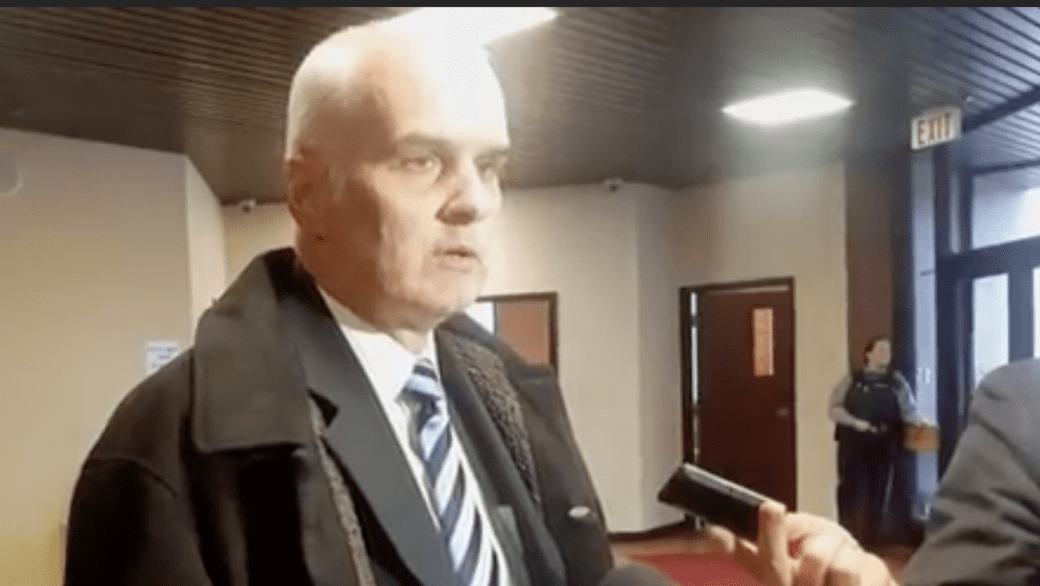An expert witness for the defence questioned the nature of memory in the Brent Hawkes sexual assault trial today, suggesting that memories are not as reliable as some might believe.
Hawkes, a longtime leader of Toronto’s gay community and recipient of the Order of Canada, is facing one charge of indecent assault and one charge of gross indecency for allegedly having oral sex with a 16-year-old more than 40 years ago in Kings County, NS, when he was a high school teacher. The Crown’s case against Hawkes is based almost entirely on the eyewitness testimonies of three witnesses.
“Memories can undergo a substantial amount of modification over time and the longer the time, the more opportunity for these kinds of misinformation effects to occur,” Timothy Moore told the court Nov 21, 2016.
“The more often a memory is revisited, or recollected or rehearsed, the more confident the rememberer will be with its authenticity.”
Moore, a cognitive psychologist and chair of the psychology department at York University’s Glendon College, has testified at approximately 50 trials in Canada and the US.
“I think we need to be concerned about the reliability of a 40-year-old memory anyway, simply because of the passage of time and the opportunity of misinformation effects,” he said.
Moore discussed the phenomenon of “imagination inflation” where an imagined event over time becomes indistinguishable from an actual memory.
He referred to the alleged victim’s testimony that his memories of the event continued to evolve as “a red flag.”
“If his [memories] are still improving now with respect to an event in 1975, it signals to me that imagination inflation may be at work,” Moore said.
The three witnesses all testified they were drinking on the night of the alleged assault. Moore testified that aside from the typical impairment of memory caused by drinking, an alcoholic blackout could have potentially also prevented short-term memories from being imprinted into long-term memory.
Outside the courtroom, Crown attorney Robert Morrison said he believes that parts of Moore’s testimony about remembering big important events while smaller details might be filled in with assumptions will bolster the prosecution’s case.
None of the allegations against Hawkes has been proven in court.
When the charges against Hawkes were filed in December 2015, his supporters argued that gross indecency is an inherently homophobic charge that should no longer be used by prosecutors.
The Crown hopes to rebut evidence Tuesday about whether alcohol was ever given to minors in Hawkes’ home.
The trial continues Tuesday, Nov 22, 2016.

 Why you can trust Xtra
Why you can trust Xtra


